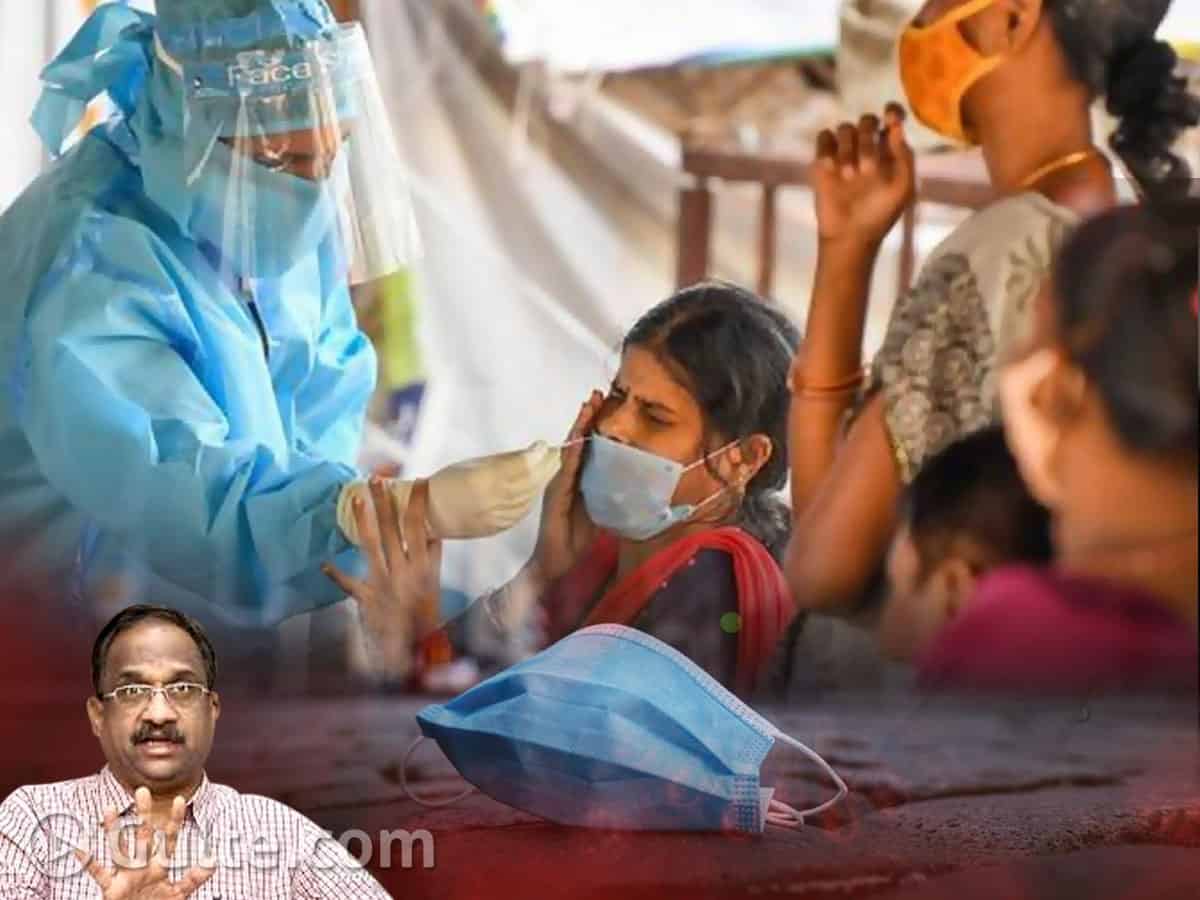The nightmare of the March 2020 lockdown still haunts our memories. Its crippling effect on the economy and the cascading implications of a virtually complete shutdown is still clearly felt. A year after, as the nation heeds a sigh of relief with the rollout of vaccination, the second wave has struck India. The United States and several European nations have already gone through this phase of the pandemic. As the country reached the peak late in daily new cases, the second wave perhaps was delayed. Now the question is how long will it strike us? How best we can cope with it?
Infections appear to decrease. And then, infections increase in a different part of the population, resulting in a second wave of infections.
Epidemiologists predict that the second wave arrived in India on February 15th and shall continue for hundred days since then.
The vaccination will not be complete by then. Thus, vaccines alone cannot guarantee protection against the second wave even if India accelerates the pace of vaccination. According to the official estimates, 6.3 crore Indians have been administered the first dose of the vaccine in March 2021. Since March 20, two million Indians are getting vaccinated every day. The eligibility criteria for receiving the vaccine is further relaxed from April 1. All this will certainly improve the pace of vaccination. Assuming that India vaccinates 1 crore people every day, it still needs more than four months to achieve universal vaccination against COVID-19. Serological surveys indicate that the vast section of the Indian population is still vulnerable to the virus. Therefore, India has to pass through the second wave and evolve a suitable strategy to prevent greater morbidity and mortality due to the infection due to fresh surge in infection.
Vaccine trials also reveal that jab may not provide full protection against the infection, but substantially reduces the severity of health complications due to COVID-19. Thus the vaccination process has to get further momentum.
Ground reports indicate COVAXIN is hardly available at least in Hyderabad hospitals, though it is produced from the city. The Brazilian drug regulator denied permission to import of COVAXIN citing concerns of the standards at the Bharat Biotech manufacturing facility. Concerns over adverse effects following immunisation with COVISHIELD in few European countries and the United States raising questions over data reporting standard by Astra Zeneca can contribute to the vaccine hesitancy. The authorities have to improve public communication to pacify such concerns for an unhindered continuation of vaccine drive.
Emergency use authorization was granted to Bharat Biotech even before the phase three trial data was not available. COVISHEILD was given similar authorization even before a satisfactory data on local efficacy was available. Why are not authorities considering other vaccines in the pipeline? Why India is still not importing Moderna and Pfizer’s vaccine?
More research is required on the trajectory of the second wave like reinfection rate, protection from vaccines, the vulnerability of the age group who are still not eligible for vaccination, and the impact of domestic and foreign variants so that an effective program can be executed to face the challenge of the surging second wave.
-By Prof K Nageshwar
For Prof K Nageshwar’s views please subscribe to Telugu Videos : English Videos
Tags Covid Second Wave India COVID-19 India COVID-19 Vaccine India Coronavirus India COVID cases Prof K Nageshwar
 Gulte Movie News And Politics
Gulte Movie News And Politics

















